Blog 8/30/22
Equitas Health’s Jordyn Baker Is at the Epicenter of the Opioid Crisis in Portsmouth, Ohio.
International Overdose Awareness Day invites us to remember and honor those who have died from an overdose. It also calls on us to fight the stigma faced by people who struggle with addiction.
Jordyn Baker knows well the need for awareness. As an Equitas Health prevention specialist funded through the Ohio Opioid Research Project (OHOP), she had a front-row seat to substance use in southern Ohio. She met and tested people who shared their experiences with multiple overdoses.
A research project of the Ohio State University, OHOP seeks to better understand substance use and treatment needs in Ohio’s rural southern counties. Scioto, Gallia, Pike, Meigs, Vinton, and Adams counties have limited to no resources for substance use, HIV, or HEP C prevention and treatment.
Jordyn spent three years with the project. When her contract ended in July, she moved into her new role as an Equitas Health linkage to care specialist in our Portsmouth office. She believes her time spent with OHOP will have an impact on her new position and beyond. I recently sat down with Jordyn to talk about OHOP, substance use in southern Ohio, and the significance of International Overdose Awareness Day.
Margaret L Farnham: Tell us more about the Ohio Opioid Research Project (OHOP).
Jordyn Baker: People who inject drugs are at a much greater risk for HIV, HEP C, and syphilis. OHOP is looking at ways to reduce these three infections for this community, particularly in rural Ohio.
There is a real need for treatment, harm reduction, and needle exchange programs in rural counties. OHOP’s goal is to see what the communities need and help them access those resources. For instance, they look at individuals who share needles. Who shares and how often? Do people take advantage of needle exchange programs? How can we make people aware of needle exchange programs?
MLF: What intrigued you about OHOP?
JB: In our area, the communities see rehab centers as part of the problem. OHOP wants to raise awareness about the benefits of rehab centers and help the communities find solutions. Being part of the solution intrigued me.
MLF: What was your role in the project?
JB: I would help people get tested for HIV, syphilis, and HEP C. I tested about 200 people with the project. Out of those 200, only a handful did not have HEP C. The majority who tested positive also used drugs.
I talked to them about HIV/STI prevention and safer drug use. I think meeting and hearing from the people the way we did added to my experience. We always had people thank us for being there to listen and to understand.
MLF: What experience did you bring to your job?
JB: I have lived in Scioto County my whole life. I’m from the area, and my mother is in recovery. She has been sober for years now, but I lived with addiction as a child. When I would talk to my clients, I told them, “I can’t speak from your experience, but I can speak from your child’s experience.”
MLF: What does the opioid crisis look like today in southern Ohio?
JB: Portsmouth got hit really hard by the pills. There were a bunch of pill mills here. People would either get them here, or they would go down to Florida with a prescription from their doctor in Ohio.
After they shut down the pill mills, people switched to meth, heroin, and fentanyl. Those are the top three. Fentanyl is a huge issue here.
MLF: Are people aware of the dangers of fentanyl and the potential for a fatal overdose?
JB: In my experience, there is an awareness of overdosing in general. When it comes to fentanyl, people don’t realize how deadly it can be compared to other opioids.
MLF: What do you think contributes to higher rates of drug use in these counties?
JB: It doesn’t just impact one person in the family. It’s generational. I’ll get the parent and then I’ll get the child.
MLF: What is the biggest issue that substance users face?
JB: Stigma. There is a lot of stigma. One story I remember, in particular, a man had chigger bites on his legs that caused open wounds. The doctor he went to said people who use meth tend to pick at their skin. The client said he didn’t pick. He couldn’t convince the doctor to treat him for the bites.
MLF: I imagine you have met a lot of people and heard a lot of stories. Are there any that stick with you?
JB: There was a young girl, maybe 21 or 22 years old. She hadn’t had a shower in more than a month. She didn’t have any feminine hygiene products. After I tested her, I went to the office to find her shampoo, soap, bandanas, and feminine hygiene products. Anything I could find, I got for her….A few weeks later, she came back looking for help. She had spent two days out in the rain. She was ready to try rehab. We were able to get her a referral, and she started a program. Rehab ultimately is the goal. It gets them off of using and helps them cope with life.
MLF: Studies show that 85% of people who enter rehab relapse within a year of treatment. Why do you think that is?
JB: Rehab works best if the person in rehab makes the choice to change. There are a lot of reasons to go to rehab. If the reason is not for themselves, then I think the success rate drops significantly. Even between periods of sobriety, people still need resources and compassionate care.
MLF: What was the biggest take-away from your time with OHOP?
JB: My understanding of people’s situations is a lot different. Not everyone has a safe and secure home. They don’t have people to talk to. They have been alienated by family. They lose that sense of security and safety. They stop trusting people. When they walk in here, we have to earn their trust by showing them this is a safe space. Hearing their stories gave me a greater understanding and empathy for their struggle with addiction.
MLF: How important is something like International Overdose Awareness Day?
JB: For me, it’s very important. The awareness needs to be there. I talk to a lot of people who say, “my brother just overdosed” or “my uncle just died.” I had an individual who overdosed 300 times in the last year. He said that number didn’t include the times he has seen others overdose.
MLF: How is Equitas Health preventing fatal overdoses in southern Ohio?
JB: Equitas Health partners with the Portsmouth City Health Department’s Project DAWN (Deaths Avoided With Naloxone), an education and Naloxone (Narcan) distribution program. Portsmouth is one of many sites around the state that gives out free Narcan to reverse opioid overdoses.
Whenever I am working in the community, if somebody wants Narcan, they get it. In my opinion, everyone should carry Narcan and know how to use it.
If you live in southern Ohio and you or someone you know is struggling with addiction, visit our website or call our Portsmouth office at (740) 529-0018.
For information about syringe exchange programs, visit Supportive Harm Reduction Programs and Services of Portsmouth (SHRPS) or Safe Point Ohio in Columbus.
Equitas Health Community Events
Join Equitas Health on August 31 in celebrating International Overdose Awareness Day at one of these Columbus events:
Celebration of Remembrance & Hope
Safe Point Syringe Exchange
New Season Pop-Up

Blog 3/29/24
Equitas Health is pleased to announce that a collective bargaining agreement has been reached with Equitas Health Workers United Local #6609. Members of the bargaining unit voted this week, and the result was resounding support for ratification of the agreement.
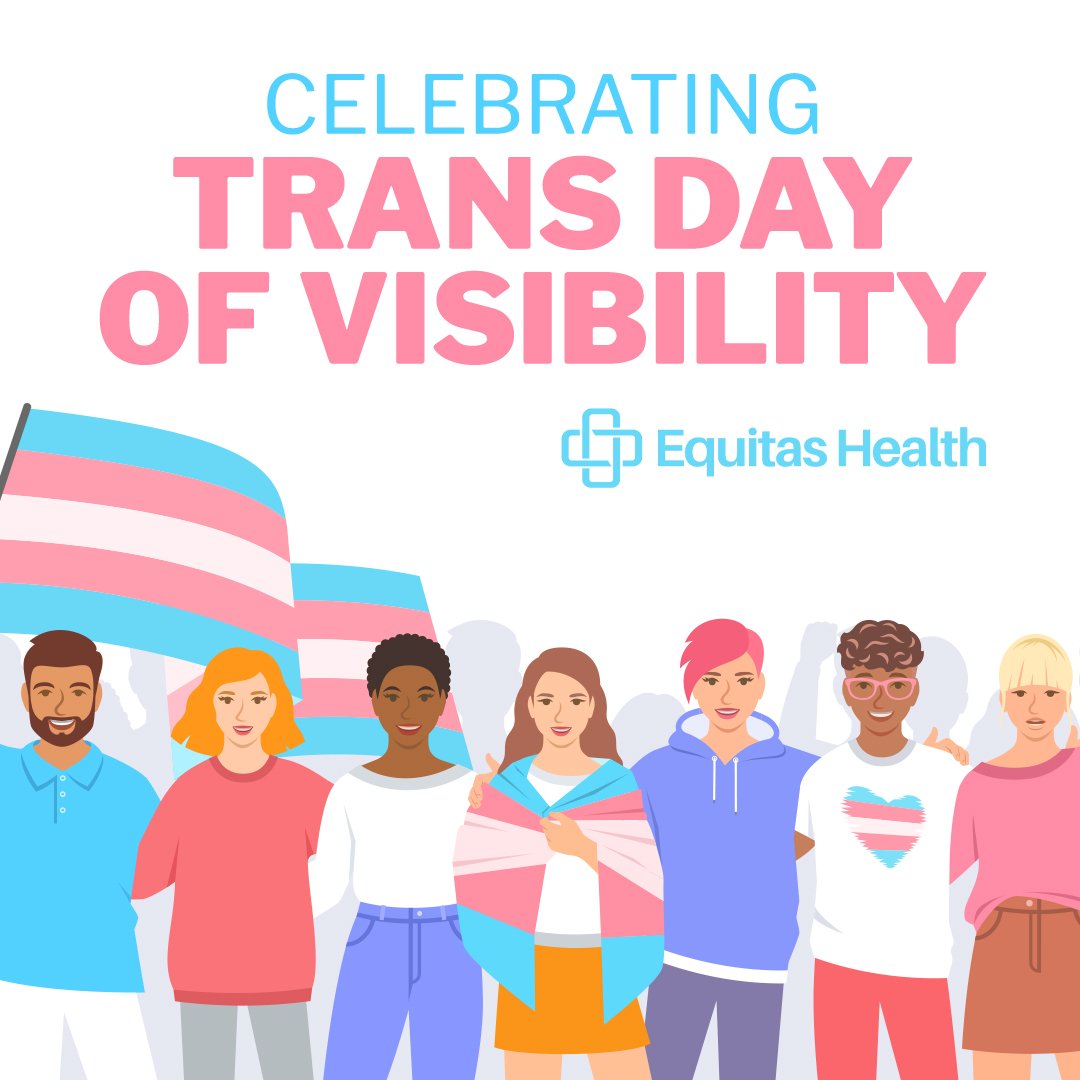
Blog 3/25/24
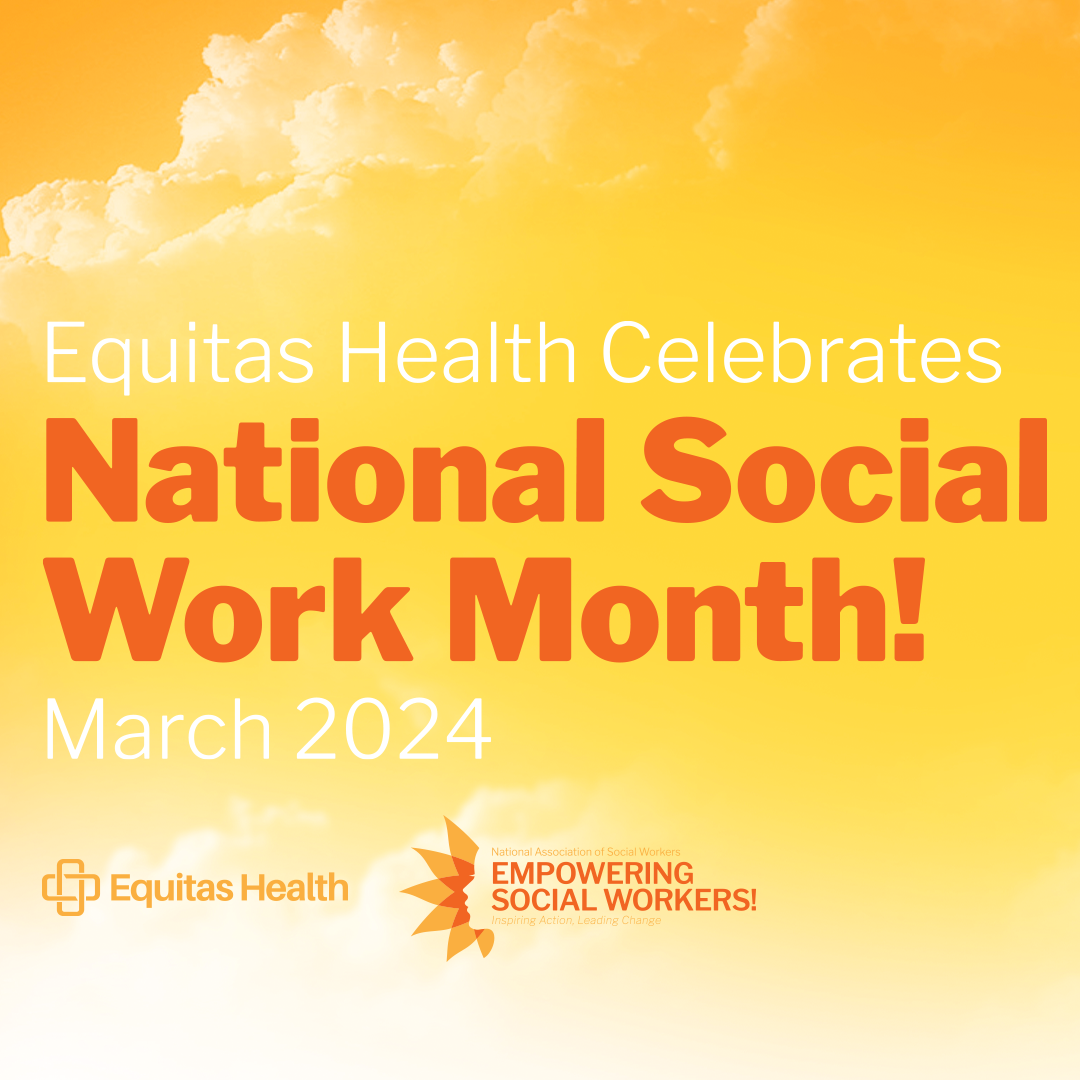
Blog 3/1/24
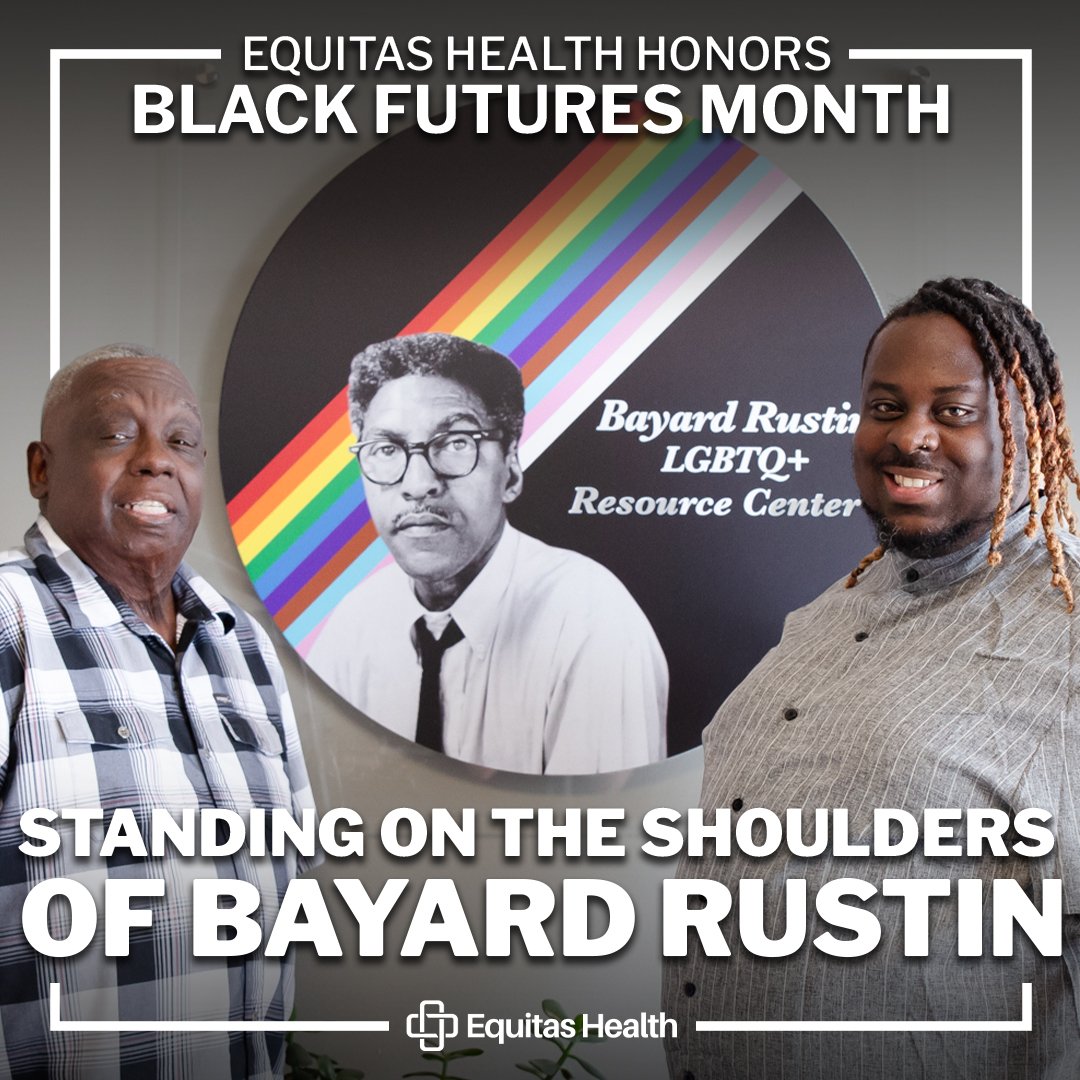
Blog 2/27/24
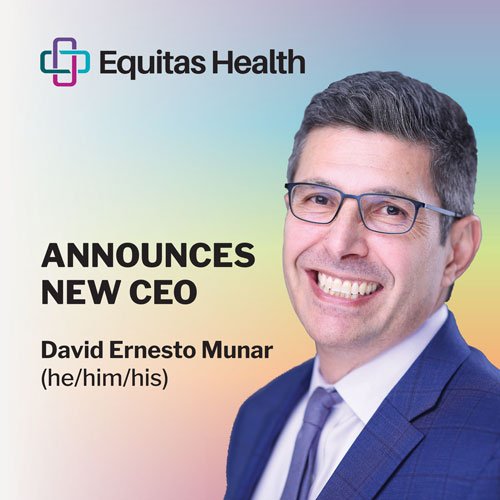
Blog 2/26/24
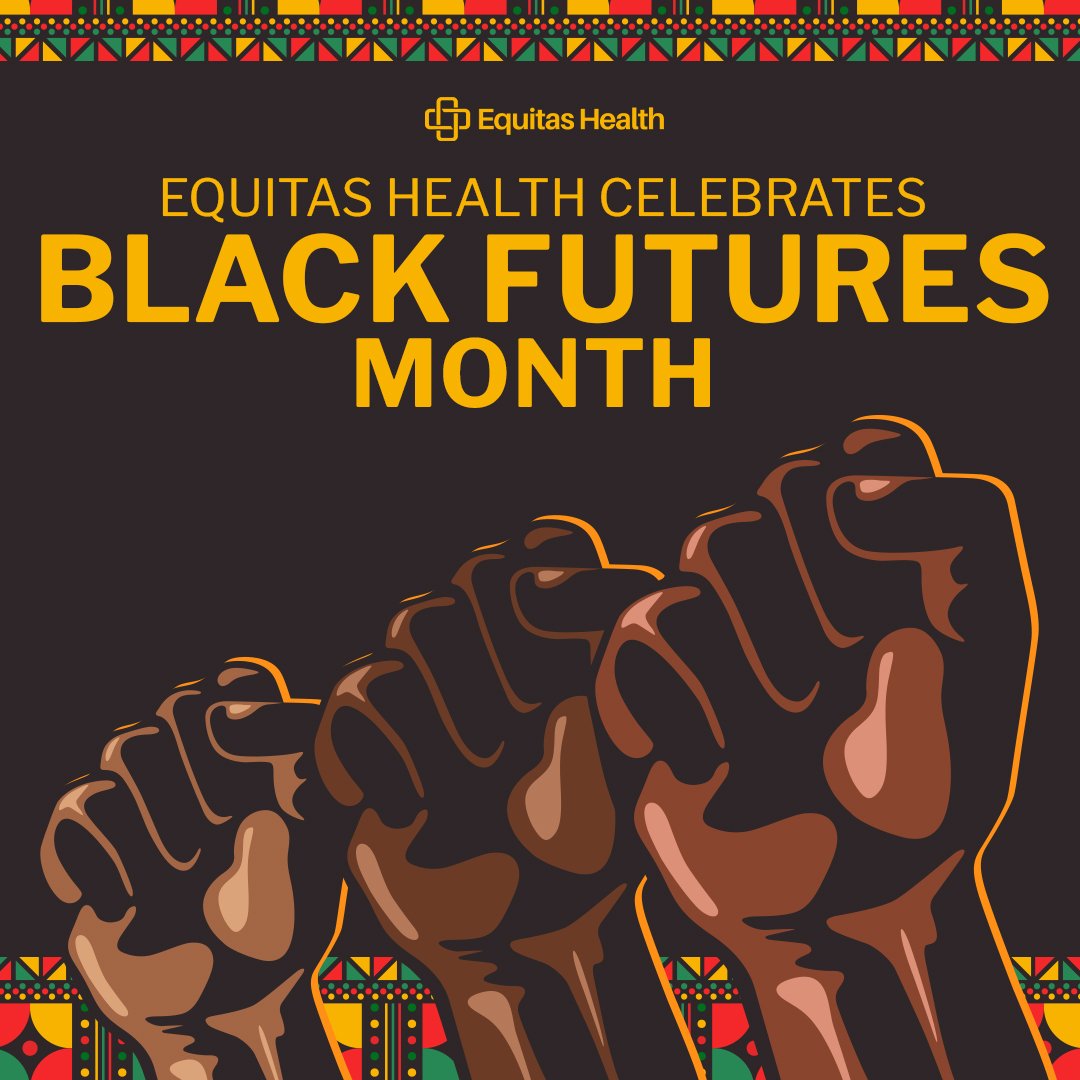
Blog 1/30/24